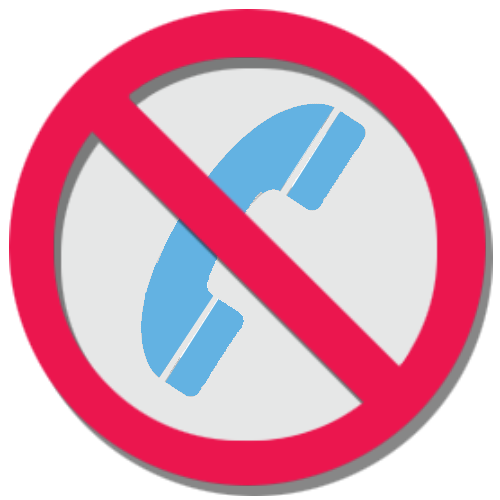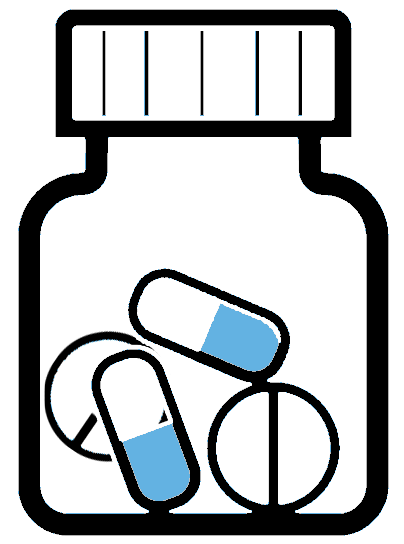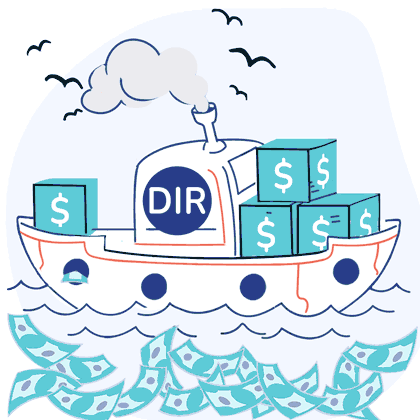Authorization/Utilization Review: Why Peer-to-Peer Calls Are a Bad Idea

There’s been lots to say about authorization and utilization review (UR) this year, especially given the major changes to the process. However, one UR rule that remains the same in 2018 also remains sadly overlooked: those conducting UR on behalf of employers or insurers should not telephone providers for further information needed to make a UR decision.
This practice is non-compliant, wasteful, and has the potential to compromise the integrity of a decision to approve, modify, or deny the requested treatment.
UR Regulations and Peer-to-Peer Communication
The requirements for entities conducting UR are much more stringent in 2018. Effective January 1, CA Senate Bill 1160 repealed Labor Code Section 4610 and replaced it with an updated version. Per the new LAB § 4610, an independent non-profit (URAC, for now) must review and accredit all UR processes.
Compliant UR is now subject to standards regarding the decision-making process, timeliness, appeals processes, financial incentives, and more — including peer-to-peer consultation.
The previous LAB § 4610 included a simple rule regarding communication between the employer (or entity conducting UR on their behalf) and the provider requesting treatment: The employer must request any additional information required to make the UR decision in writing.
The new LAB § 4610, in addition to its other mandates for more integrity in UR, continued this requirement:
If the employer, insurer, or other entity cannot make a decision within the timeframes specified...because the employer or other entity is not in receipt of, or in possession of, all of the information reasonably necessary to make a determination, the employer shall immediately notify the physician and the employee, in writing, that the employer cannot make a decision within the required timeframe, and specify the information that must be provided by the physician for a determination to be made [emphasis ours].
When a physician reviewer lacks the information to make a decision, no problem. They need only reach out out to the requesting provider. But they must do so in a way that’s documented and verifiable.
The Problem With Peer-to-Peer Calls for UR
The reasons for the written communication rule are self-evident.
In workers’ compensation, providers, claims administrators, attorneys, and injured workers contend with complex situations and labyrinthian rules and regulations. Potential disputes over the necessity of treatment and liability for payment are ever-present. Therefore, every factor in a decision regarding treatment should be available for subsequent review. This protects the provider, the employer or insurer, and the injured worker.
Documentation is our friend.
Beyond that, peer-to-peer calls aren’t always efficient. While it may seem easier to pick up the phone and have a chat, finding a mutually agreeable time to discuss that which could more easily be resolved via email is counterproductive. Often, physician reviewers call for more information, find the requesting provider unavailable, and subsequently deny the RFA after a few rounds of “phone tag.”
Such inefficiency serves no one.
For all these reasons, compliance is a must. Providers, insist on proper written communication from your peers conducting UR. A patient’s treatment (and your proper reimbursement) may depend on it.
Ready to see how easy requesting and obtaining authorization can be? Try DaisyBill’s Billing Software, which quickly and easily generates compliant RFA’s, and tracks when a response is due. Schedule a free demonstration today, and see what DaisyBill can do for your office.
REQUEST DEMO
DaisyBill provides content as an insightful service to its readers and clients. It does not offer legal advice and cannot guarantee the accuracy or suitability of its content for a particular purpose.




.gif)